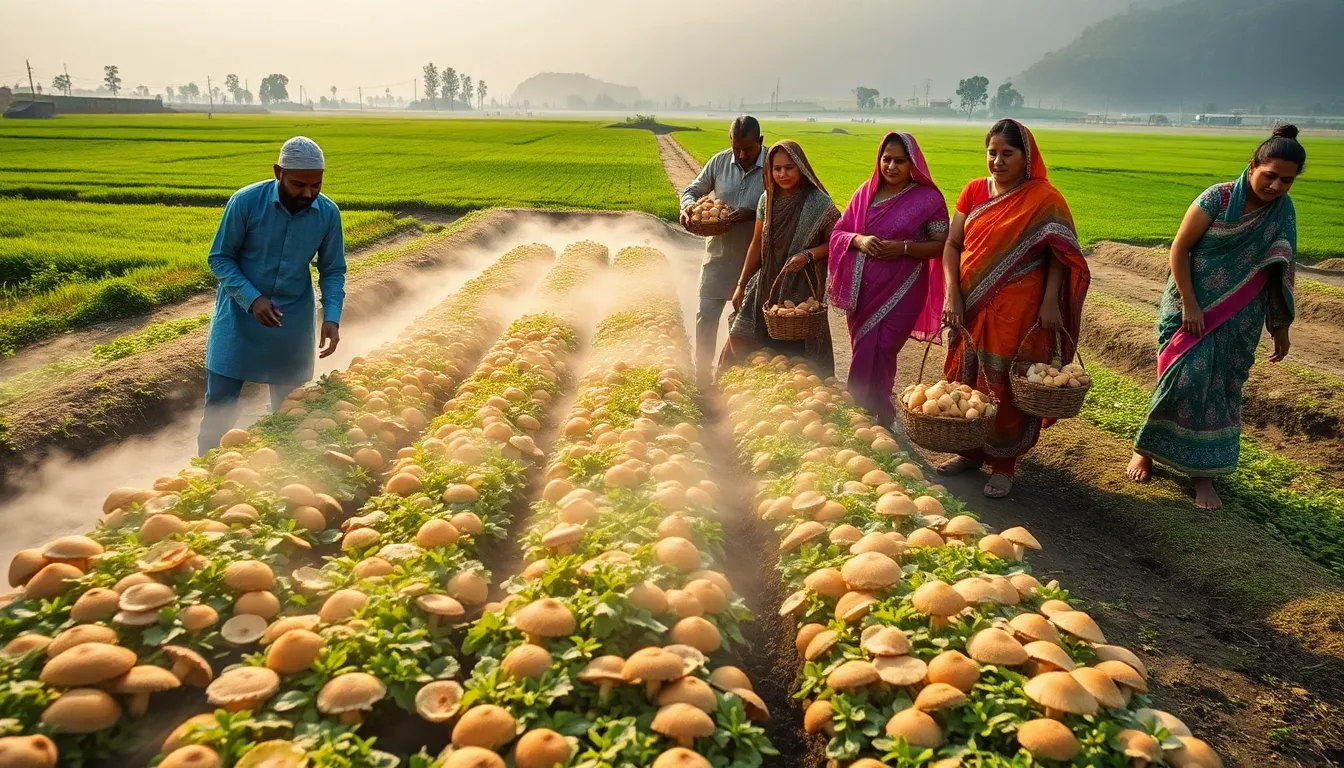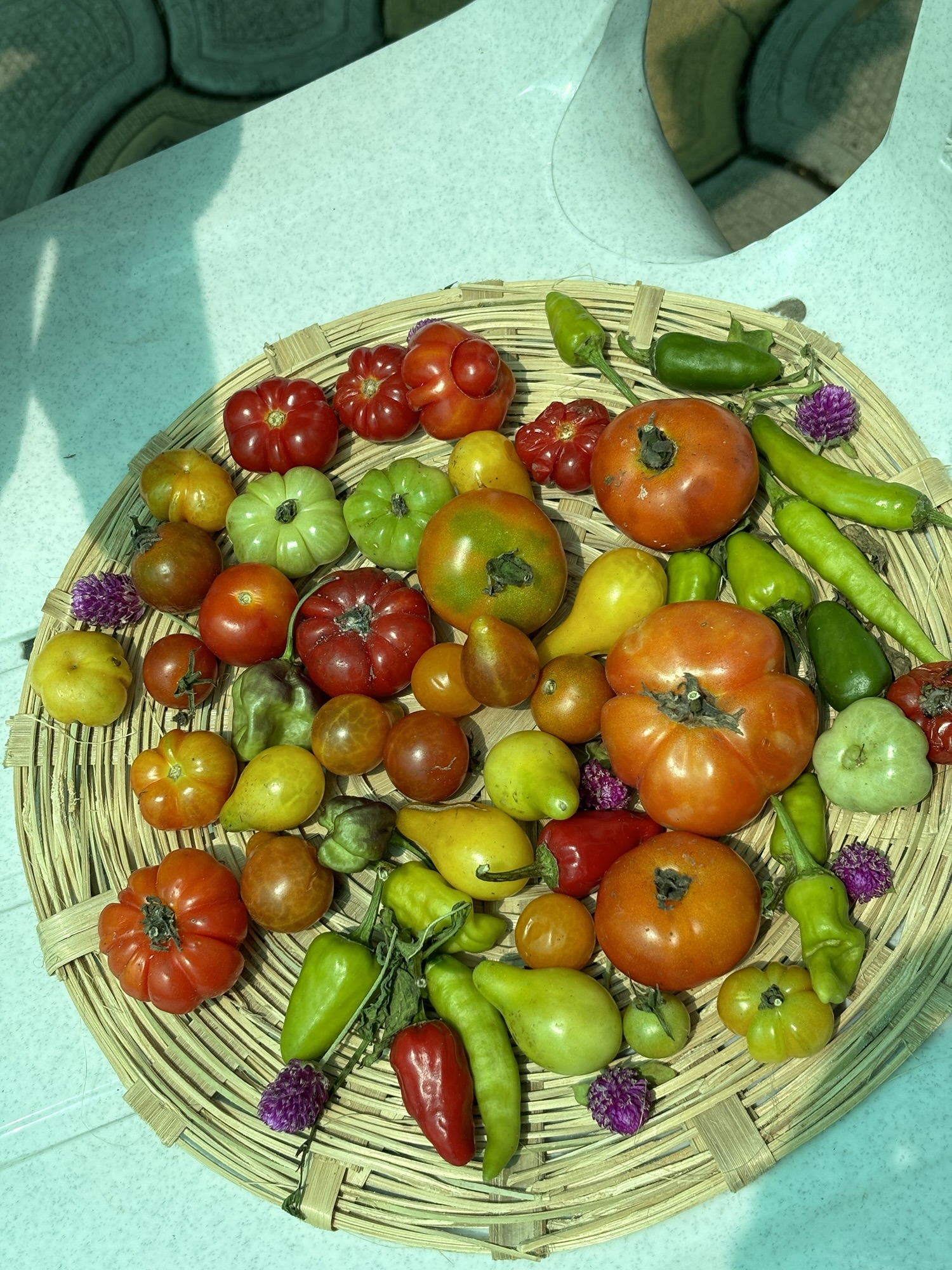In recent years, exotic mushrooms have become a significant part of Indian agriculture. These mushrooms, such as shiitake and oyster, are not only delicious but also packed with nutrients. They offer a sustainable farming option that requires less space and can yield high profits.
The Indian mushroom market was valued at approximately USD 276 million in 2024 and is projected to reach USD 487 million by 2033. This growth reflects the rising consumer awareness about healthy eating and the increasing popularity of plant-based diets. Mushrooms are rich in vitamins and minerals while being low in calories, making them an attractive food choice.
Farmers are showing increasing interest in mushroom cultivation due to its profitability. States like Himachal Pradesh and Haryana provide ideal conditions for growing these mushrooms. These regions have the right climate and government support, which helps farmers get started. The government offers training programs and financial assistance to boost mushroom farming.
Additionally, the demand for functional foods is rising. Consumers are looking for foods that are not just tasty but also beneficial for health. Mushrooms fit perfectly into this trend. They are being used in various dishes, from pizzas to health drinks. For example, some companies are now producing mushroom-infused coffee, which is gaining popularity among health-conscious consumers.
The shift towards veganism is also driving the growth of mushroom farming. As more people adopt plant-based diets, the demand for meat alternatives increases. Mushrooms serve as a perfect substitute due to their rich umami flavor, which mimics the taste of meat. This has encouraged many food startups to develop innovative products using mushrooms.
Moreover, mushrooms are versatile in cooking. They can be sautéed, grilled, or used in soups and salads. This versatility makes them appealing to a wide range of consumers. Many people are now incorporating mushrooms into their daily diets, recognizing their health benefits.
Despite the many advantages, mushroom farming does come with challenges. Farmers must be aware of potential diseases that can affect mushroom crops. However, with proper training and government support, these challenges can be managed effectively. Research institutions are also working to improve cultivation techniques, which will help farmers increase their yields.
The export market for Indian mushrooms is also growing. Fresh mushrooms are increasingly being shipped to international markets, showing the global interest in Indian produce. The export of mushrooms has risen significantly, indicating a favorable change in the perception of Indian agricultural products on the world stage.
As the market continues to expand, innovations in mushroom farming and processing are likely to increase. New technologies are being developed that enhance the efficiency of mushroom production. This could lead to higher yields and better quality products, making mushroom farming a more attractive option for farmers.
In conclusion, the rise of exotic mushrooms in India presents an exciting opportunity for both farmers and consumers. With the right support and awareness, mushroom farming can significantly contribute to sustainable agriculture and healthy eating in India. As demand continues to grow, mushrooms are set to play a vital role in the future of Indian agriculture.





